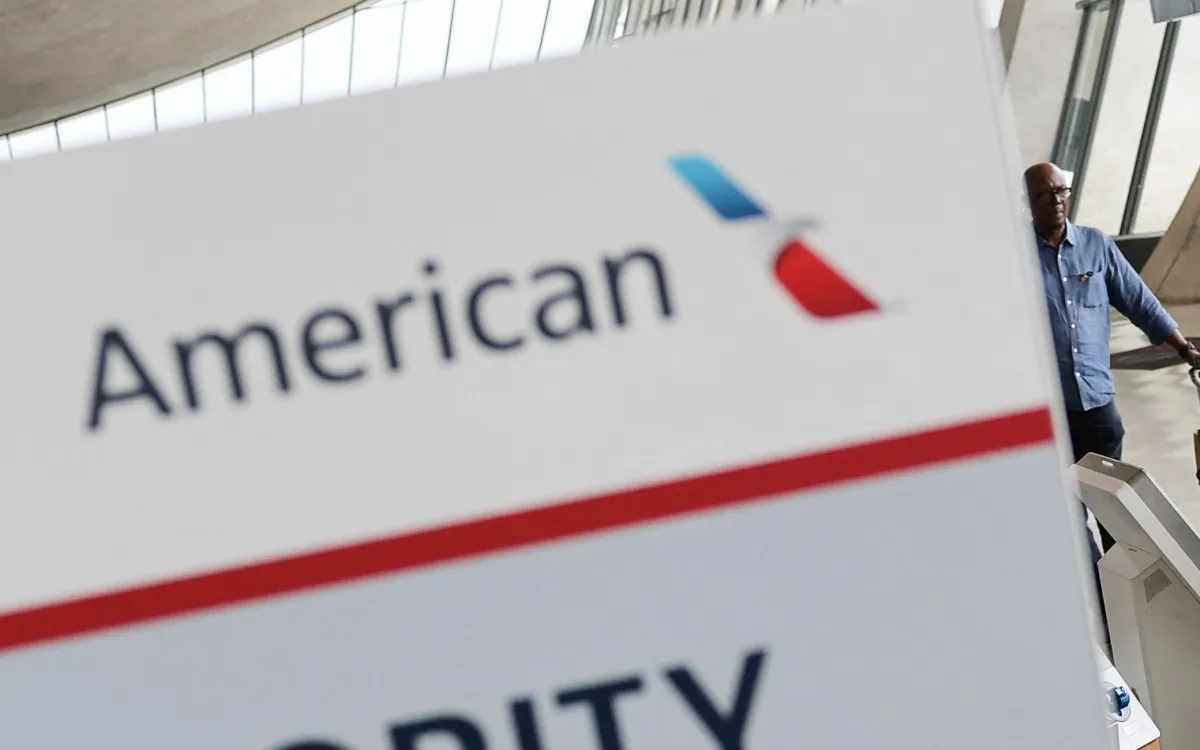
On Monday, 59 white South Africans arrived in the United States as part of a controversial refugee program initiated by former President Donald Trump. This program aims to provide sanctuary for Afrikaners, a community that has been described by Washington as facing racial discrimination and violence in their home country. The arrival of these refugees at Dulles International Airport near Washington, DC, marks a significant moment in the ongoing dialogue about race, immigration, and justice.
Earlier this year, the Trump administration announced its decision to resettle Afrikaners, who are descendants of European colonial settlers in South Africa. The administration cited evidence of increasing harassment and violence against this group as justification for the program. In a parallel move, Trump also froze U.S. aid to South Africa, further complicating diplomatic relations.
Upon their arrival, US Deputy Secretary of State Christopher Landau greeted the refugees warmly, acknowledging their challenges in recent years. “I want you all to know that you are really welcome here and that we respect what you have had to deal with these last few years,” Landau stated. This welcoming gesture underscores the U.S. government’s commitment to providing refuge for those perceived as victims of systemic discrimination.
During a news conference on the same day, Trump reiterated his claims that white South Africans have faced systematic violence since the end of apartheid. The Afrikaner community, primarily descendants of Dutch settlers, played a crucial role in establishing the apartheid regime in South Africa in 1948. Although apartheid officially ended in 1994 with the election of the African National Congress, many argue that institutional racism persists, leaving many Black South Africans without equal access to land and resources.
In January, South African President Cyril Ramaphosa introduced a new law aimed at addressing longstanding land ownership disparities. This legislation allows the state to expropriate land under certain conditions, intending to facilitate fair redistribution. Ramaphosa clarified that this law does not equate to land confiscation but is designed to serve the public interest. This initiative coincided with Trump’s criticisms of South African policies, which he argued unfairly targeted white landowners.
Trump has made incendiary claims regarding the treatment of Afrikaners, stating, “It’s a genocide that’s taking place.” Such assertions have attracted backlash from South African officials and the international community, who argue that these claims perpetuate a false narrative of victimhood among whites in South Africa. The rhetoric has been fueled by right-wing organizations like AfriForum, which advocate for the rights of Afrikaners, often framing their situation as an existential threat.
The South African government has strongly refuted Trump's claims, labeling them "completely false." President Ramaphosa addressed the issue at an Africa CEO Forum, asserting that the American government has misunderstood the situation. He described the far-right Afrikaners seeking refugee status as a “fringe grouping” that opposes necessary societal changes. Ramaphosa emphasized his commitment to ongoing dialogue with the U.S. regarding these issues.
Relations between the Trump administration and South Africa have been strained, particularly following the expulsion of South Africa’s ambassador in March. Disagreements have also arisen over South Africa's position in international legal matters, including its stance on Israel. Moreover, the freezing of U.S. aid, particularly affecting programs like PEPFAR, which provides vital funding for HIV/AIDS efforts, has further complicated relations.
The arrival of Afrikaner refugees comes amid a broader context where the Trump administration has restricted refugee admissions from other nations. Critics argue that the focused attention on white South African refugees aligns with the administration's broader narrative about immigration, raising questions about fairness and adherence to U.S. refugee laws and policies.
As the situation evolves, the implications for both South Africa and U.S. domestic policy remain significant, warranting close observation by policymakers and the international community.